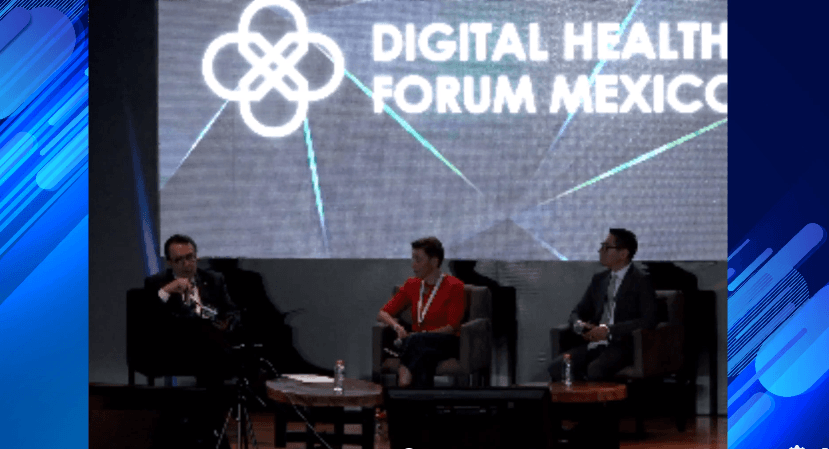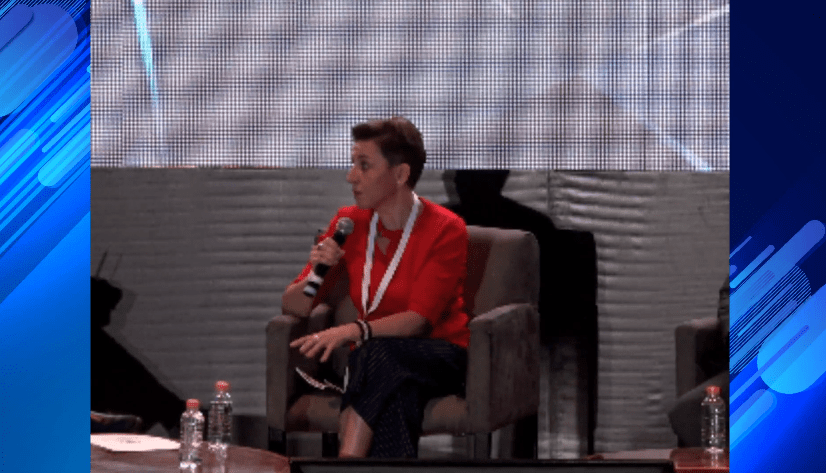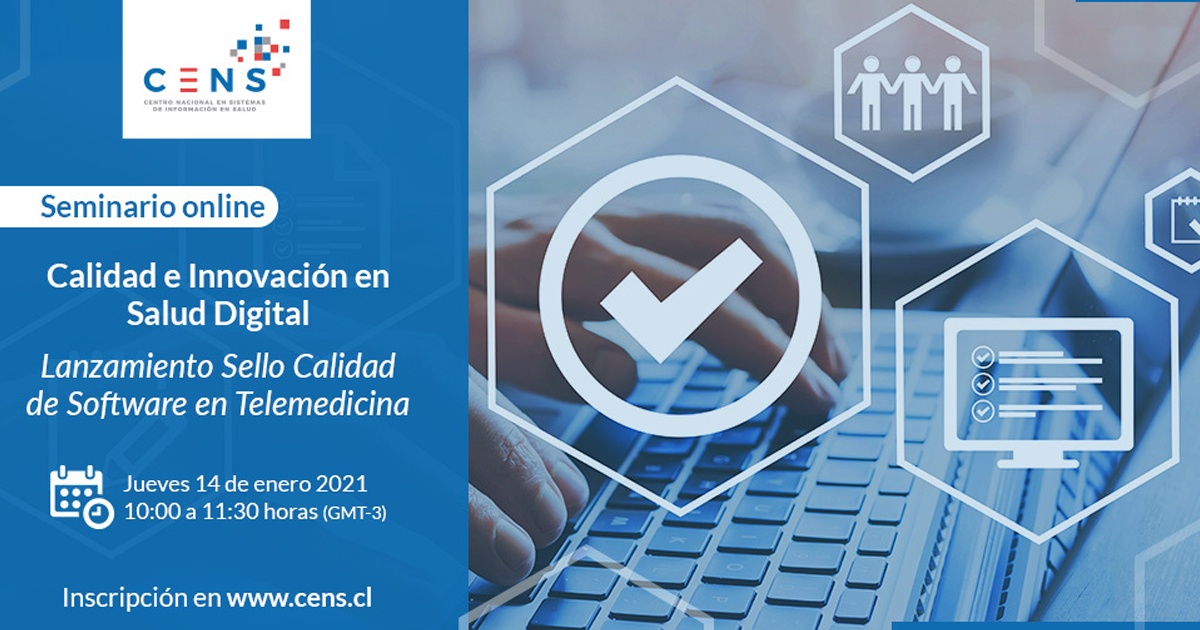The methodologies that were used before the digital transformation, left some gaps in the final results. Now, thanks to Digital Health, it is possible to customize each treatment and obtain accurate and beneficial results in real time.
Diabetes has been a problem treated for years and it has reinforced the ways to control it according to the vast studies on it and which are updated daily.
In the past, the interventions that were performed consisted of a trial and error method; It was thought that type two diabetes consisted solely of liver and pancreas functioning problems.
With Digital Health, today, there is a paradigm shift in attention to be revolutionized and become personalized; Thus, the patient will have control over their treatment and will be able to determine the most favorable decisions to achieve optimal health and well-being conditions.

The intensive use of technology and the advancement of science allow the patient to focus on the entire process and place it as the key piece to obtain the best results from the first attempt.

That is why Digital Health could offer applications and software loaded on mobile phones so that the user can measure and monitor situations - such as the amount of sugar in his body or the insulin they need - remotely, without the need to go in person at health centers.
The behavior of these algorithms allows to predict and justify the behavior of the disease thanks to the data of other cases and statistics that are stored in the operation of the digital platforms.
It would mean saving resources and time, since the patient would self-regulate their condition from home and be empowered by making their own decisions according to their symptoms.
The digital systems will be destined to support the work of the medical staff through in-depth analysis and thorough knowledge of the patient in turn. The patient must be considered the most important thing in the experience because, based on their living conditions and their uniqueness, the appropriate way to counteract chronic diseases can be found.
The future of the mass adoption of the new Information and Communication Technologies (ICT) is aimed at reducing the access gap and inequality in order to achieve coverage of health systems in areas and communities that were previously isolated; Now they can enjoy optimal equipment and favorable tools to improve medical care and strengthen the quality of life.
FACEBOOK – SALUD DIGITAL FCS
https://www.facebook.com/SaludDigitalFCS/videos/2438612592928086/?epa=SEARCH_BOX






